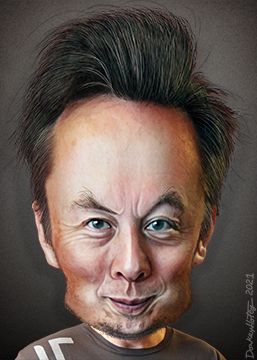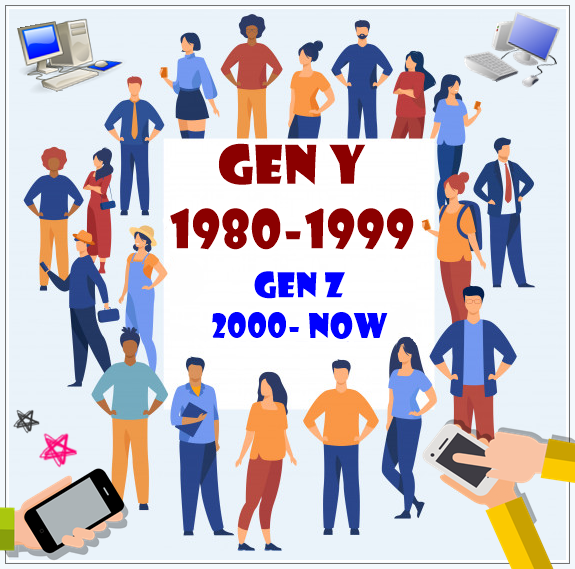By Victor Shi
Any user of Twitter, by this point, has likely seen how it has devolved from a place where people consume news and information in real-time and for civil conversation and dialogue to a place where right-wing extremists and trolls have run amok. They’ve infested timelines. They’ve swarmed inboxes and comments. They’ve taken over — and there seems to be no end in sight. And make no mistake: that is all, in large part, thanks to Elon Musk.
For someone who claims to be such a genius, Elon Musk’s time leading Twitter has led to its demise, to put it mildly. During the course of the first few months that Elon led the company, he reportedly laid off thousands of employees – including the team responsible for detecting and flagging misinformation. He made it harder for people to know who is a verified user and who is not by allowing anyone to attain the infamous blue checkmark if they pay a fee for “Twitter Blue.” He has re-platformed right-wing extremists and Nazi sympathizers, and even Donald Trump himself (although Trump is busy on his other social media platform).
If what Elon Musk has turned Twitter into sounds like the app for the right wing, that’s because it is. Quite literally, everything that Elon Musk has done to the app, every decision he has made, has stood to benefit the extreme voices on the right – making it unbearable for everyone else. That is, of course, why so many users have scrambled to new platforms like Post, Mastodon, and Spoutible.
But, even with these new social media entrants, there did not seem to be a platform that rivaled what remained Twitter’s best strength, despite all that Elon Musk has done to it: the ability of people to get news at breakneck speed. Given the number of journalists and news outlets on Twitter, it stood as the premiere place for people to post about a story and for it to reach the entire world. No other platform seemed to match that function — by a long run.
That is until Threads came along. Last Wednesday, in an unexpected move, Meta, the parent company of Instagram and Facebook, launched Threads. According to its website, Threads is “a new way to share with text.” Aside from the fact that it is still in its developing stages and that Mark Zuckerberg — yet another billionaire — owns the app, the new social media platform seems to be doing well.
Less than a week after its launch, it was already the fastest-growing social media app ever to exist. To date, there have been over 100 million sign-ups from across the world. And numerous news organizations and journalists have already signed up and are actively posting on Threads — a direct threat to Twitter. All of this is for good reason, too. It’s a relatively user-friendly app with familiar features. And unlike Twitter, there aren’t right-wing trolls infesting every.
But what’s even more remarkable about the app isn’t how similar it is to Twitter but that it stands alone in a whole new social media category. Mark Zuckerberg’s decision to merge Instagram and Threads into one — that anyone who has an Instagram automatically has Threads — means the app has a completely different audience from any existing social media platform. As David French posted on his Threads page, perhaps what makes Threads so unique is that you can get not only real-time news and information, but there is also a more casual feel to it. In other words, it mirrors an app like Facebook in the sense that people post not only about politics but also about their everyday lives.
As someone who spends a lot of time on social media and interacting with my peers, I expect Threads will transform the digital sphere and serve as a vital tool for campaigns, candidates, and elected officials to reach young people. Given the intimate nature of Threads, this app could result in a completely new way of interacting on social media. Instead of typical and rigid talking points and drafted Tweets, perhaps on Threads, we will see a greater effort from candidates and elected officials to appeal to Gen Z through memes and snarky content. Used well, in time, it could be one of the best ways we reach one of the most critical voting demographics in 2024.
There’s still a lot of uncertainty around Threads. There are still many things that Mark Zuckerberg has said that will change with Threads. But what seems clear barely a week since its launch is that not only could it be the Twitter that once existed, but it could completely revolutionize the way we interact and reach people. And that is a reason for a lot of hope as we eagerly await what happens next.



